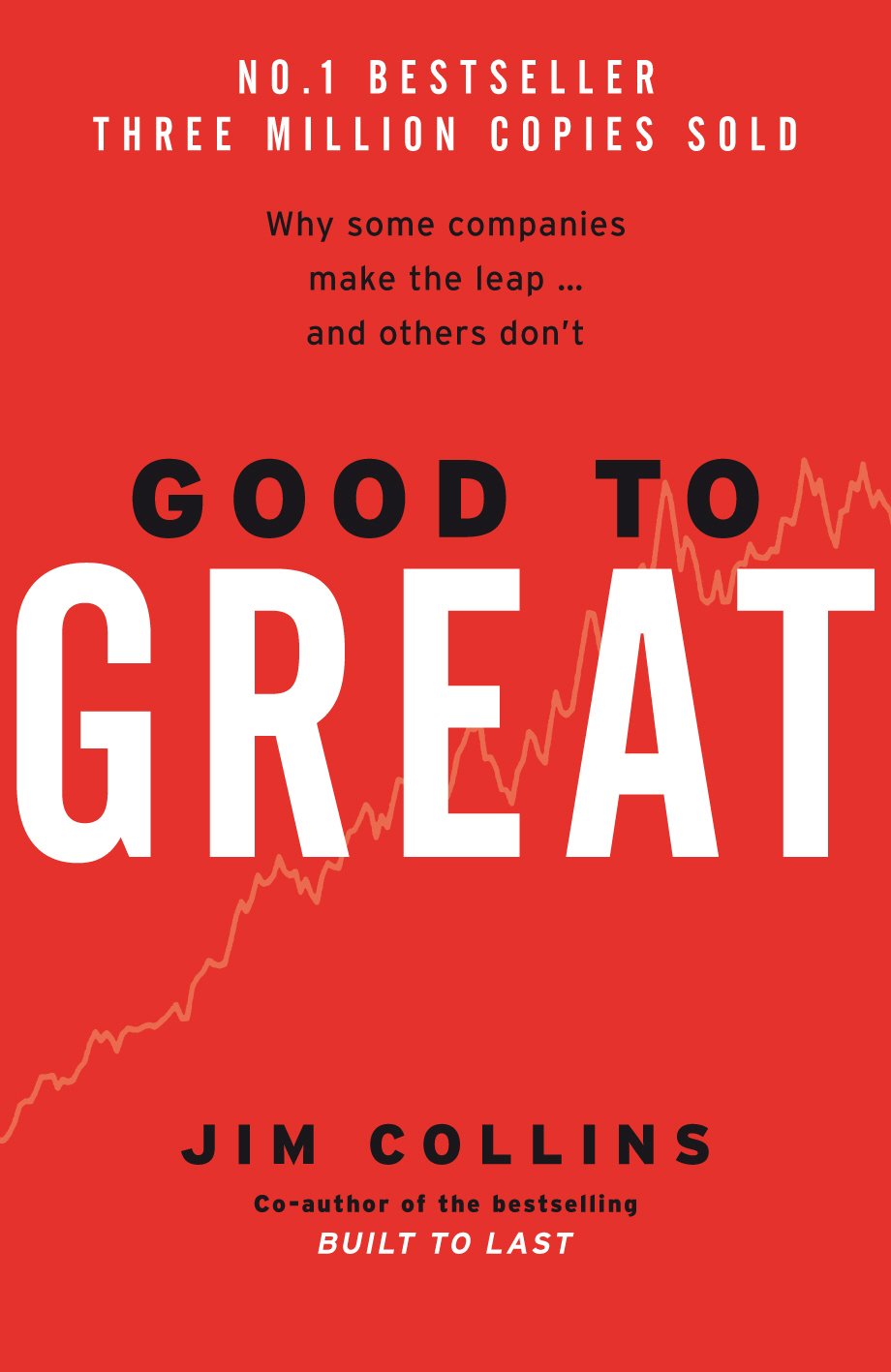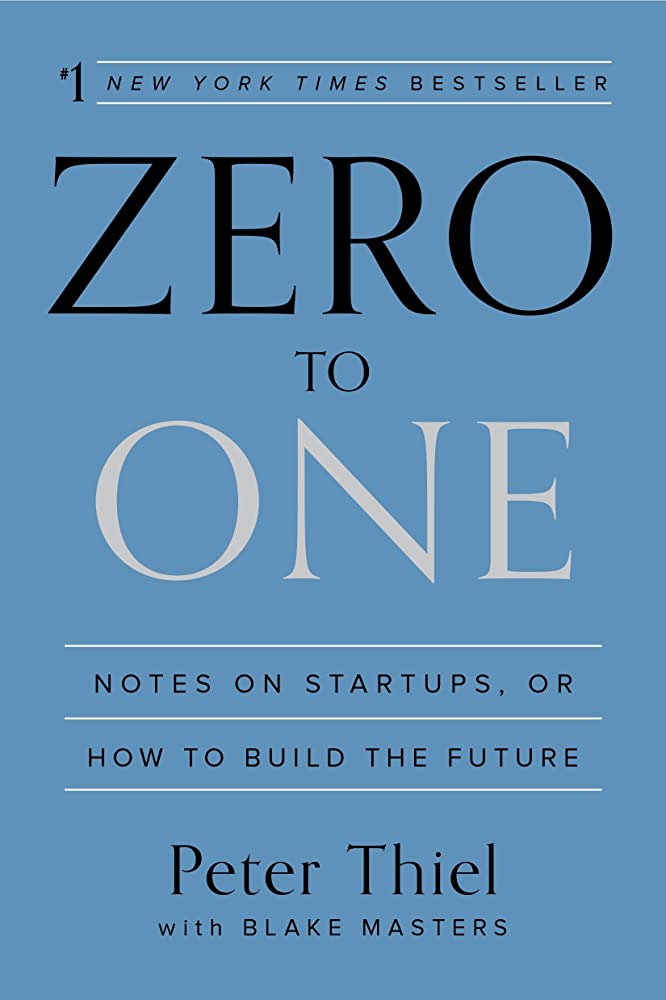Floating of Currency March 2022
A floating exchange rate is a market price for a government currency in relation to international currencies that is determined by supply and demand . This is a concept based on fixing the exchange rate in which the regime is responsible for determining the rate.
The Central Bank of Sudan has announced the country’s currency will be floating to determine
the value of Sudanese pound based on supply and demand against international currencies. As
a result of the change, commodity and service costs are on the rise as the value of the pound
falls.The measure, according to Ganqoul (Governor of the Central Bank of Sudan), is part of a
package of reforms aimed to stabilize the pound’s exchange rate.
currency will eventually weaken. An extremely strong currency can hurt export-dependent
businesses before this happens.
Even if you do not buy or sell products or services internationally, fluctuation in the currency
rate might have indirect influence on SMEs. For example, if you use delivery trucks to transport
products across the nation and the cost of gasoline rises due to the exchange rate fluctuations,
you will wind up paying more for your products to be delivered. Exchange rate volatility can also
have an impact on competitiveness. Importing products becomes more expensive when your
local currency depreciates, Which might lead to a decline in the number of imports. As a
consequence of increasing sales, earnings and jobs, domestic businesses may gain.
In small businesses you should always have an annual budget plan, to manage the expenses and
the income. So when there’s a gap in the country’s economy or there’s a currency floating you
should be expecting a change in your budget caused by the changes of prices for supplies and
utilities.
Frequently, price changes make purchase decisions more difficult. Customers are confused
when to act since they no longer have a clear reference price. Accordingly, as decisions become
more difficult, many people postpone or abandon them. This directly affects the establishment
and growth of SMEs as we are seeing here in Sudan.
March Journal
- We had the pleasure of welcoming the hackathon participants for the Techworks program to our space. Of the 500+ applications we received, 150 were selected to participate in the hackathon, which was hosted to further select 50 participants who will be part of Sudan’s first-of-its-kind tech and employment upskilling program.
- On our first episode of the season of The Story Behind, we had the pleasure of sitting with Nafisa Hafiz, founder of Nucy, a fashion label that unites heritage and sustainable fashion to positively impact the world.
Find out about Nafisa’s journey in sustainable fashion, and how she is striving to contribute to bringing Sudan’s fashion image to the forefront of the world’s fashion industry.
To see the interview check out our Facebook page and Youtube channel
Suggestion of the Month

Good to Great: Why Some Companies Make the Leap and Others Don’t,
by Jim Collins. How companies transition from being good companies to great companies, and how most companies fail to make the transition.
Zero to One : Notes on Startups, or How to Build the Future, by Peter Thiel.
It’s a condensed and updated version of a highly popular set of online notes taken by Masters for the CS183 class on startups.

